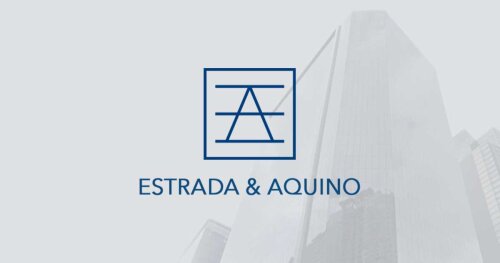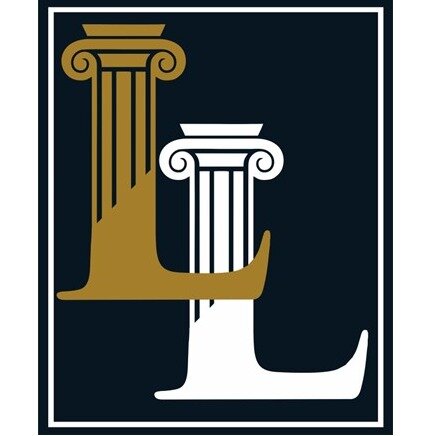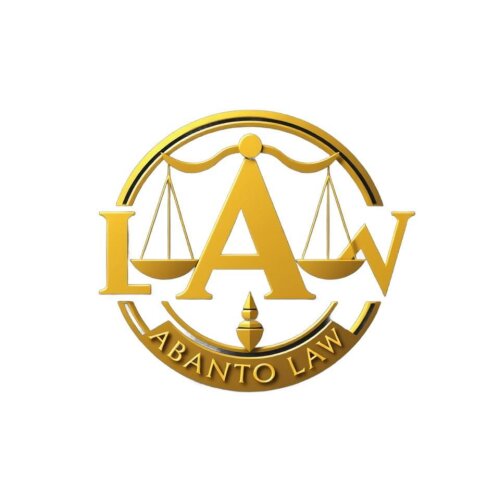Best Education Law Lawyers in Philippines
Share your needs with us, get contacted by law firms.
Free. Takes 2 min.
Or refine your search by selecting a city:
List of the best lawyers in Philippines

Dagsaan Monterde Castillo Law and Notary Public (DMC LAW)
15 minutes Free ConsultationAbout Education Law in Philippines
Education Law in the Philippines governs the policies, regulations, and statutes affecting educational institutions, teachers, and students. This body of law covers various aspects, including educational standards, the rights of students and educators, school safety, financing, and administration. The Department of Education (DepEd) and the Commission on Higher Education (CHED) are the primary government bodies that oversee the enforcement of these laws and regulations. Education Law in the Philippines seeks to ensure that all individuals receive a fair and equitable opportunity to pursue quality education in a safe environment.
Why You May Need a Lawyer
Individuals may find themselves in need of a lawyer specializing in Education Law for several reasons. Common situations include disputes over school admissions, disciplinary actions against students or teachers, issues surrounding special education needs, disagreements over educational funding, and compliance with national educational standards. Legal assistance can also be essential when addressing matters related to academic freedom, teacher tenure, and contract negotiations. A lawyer can provide guidance and representation to ensure that one's rights and interests are protected in these complex situations.
Local Laws Overview
The key laws and regulations involved in Education Law in the Philippines include the Philippine Constitution, which guarantees the right to quality education, and Republic Act No. 9155, known as the Governance of Basic Education Act of 2001, which outlines the framework for the basic education sector. The Education Act of 1982 provides the general principles that guide the educational system in the country. Additionally, the Enhanced Basic Education Act of 2013, commonly known as the K-12 Law, reformed the curriculum to prepare Filipino students for higher education, employment, and entrepreneurship. These laws collectively aim to provide a robust structure for the Philippine educational system.
Frequently Asked Questions
What is the minimum age for compulsory education in the Philippines?
The Philippines mandates compulsory education from the age of six through the end of junior high school, which typically covers grades 1 to 10.
Can public school admissions be legally challenged?
Yes, if it is believed that an unfair or unlawful process denied a student's admission to a public school, legal channels can be pursued for redress.
What are the legal rights of students in the Philippines?
Students in the Philippines have the right to quality education, non-discrimination, privacy, and safety. They are entitled to express their opinions freely and participate in school activities.
How can educators address workplace discrimination or harassment?
Educators facing discrimination or harassment should seek legal advice and consider filing a complaint with the Equal Employment Opportunity Section of the Civil Service Commission or the appropriate school authorities.
What is the legal framework for special education in the Philippines?
Special education in the Philippines is supported by laws such as the Magna Carta for Disabled Persons, which ensures appropriate special education and integration into regular schools when feasible.
Are private schools subject to the same educational laws as public schools?
Private schools must adhere to national educational standards and regulations, although they may have additional requirements due to their private status.
What are the legal consequences of falsifying educational credentials?
Falsifying educational credentials can lead to significant penalties, including legal action, administrative sanctions, and professional repercussions.
Can parents be held legally accountable for truancy?
Yes, parents may face legal consequences for failing to ensure their children attend school, as education is compulsory and truancy can reflect neglect of educational duties.
What role does CHED play in higher education law?
CHED is responsible for setting standards, increasing access, and ensuring quality assurance in higher education institutions in the Philippines.
How are educational disputes typically resolved?
Educational disputes can be resolved through mediation, legal proceedings, or administrative hearings. It may also involve the intervention of educational authorities such as DepEd or CHED.
Additional Resources
For further assistance, individuals can reach out to the Department of Education (DepEd) for primary and secondary education issues or the Commission on Higher Education (CHED) for higher education matters. Additionally, non-governmental organizations such as the Philippine Education Reform Movement and legal aid clinics at various law schools offer support and resources. The Integrated Bar of the Philippines may also be a helpful resource for finding qualified legal professionals.
Next Steps
If you believe you require legal assistance regarding Education Law in the Philippines, consider reaching out to a lawyer who specializes in this field. Begin by gathering all relevant documents and details about your situation. Consulting a professional legal service or a lawyer from the Integrated Bar of the Philippines can provide you with vital guidance and representation. Make sure to inquire about potential costs, the lawyer’s experience in handling similar cases, and the prospective timeline for your case. Taking these proactive steps can help you navigate the complexities of Education Law and ensure your rights and interests are adequately protected.
Lawzana helps you find the best lawyers and law firms in Philippines through a curated and pre-screened list of qualified legal professionals. Our platform offers rankings and detailed profiles of attorneys and law firms, allowing you to compare based on practice areas, including Education Law, experience, and client feedback.
Each profile includes a description of the firm's areas of practice, client reviews, team members and partners, year of establishment, spoken languages, office locations, contact information, social media presence, and any published articles or resources. Most firms on our platform speak English and are experienced in both local and international legal matters.
Get a quote from top-rated law firms in Philippines — quickly, securely, and without unnecessary hassle.
Disclaimer:
The information provided on this page is for general informational purposes only and does not constitute legal advice. While we strive to ensure the accuracy and relevance of the content, legal information may change over time, and interpretations of the law can vary. You should always consult with a qualified legal professional for advice specific to your situation.
We disclaim all liability for actions taken or not taken based on the content of this page. If you believe any information is incorrect or outdated, please contact us, and we will review and update it where appropriate.
Browse education law law firms by city in Philippines
Refine your search by selecting a city.















